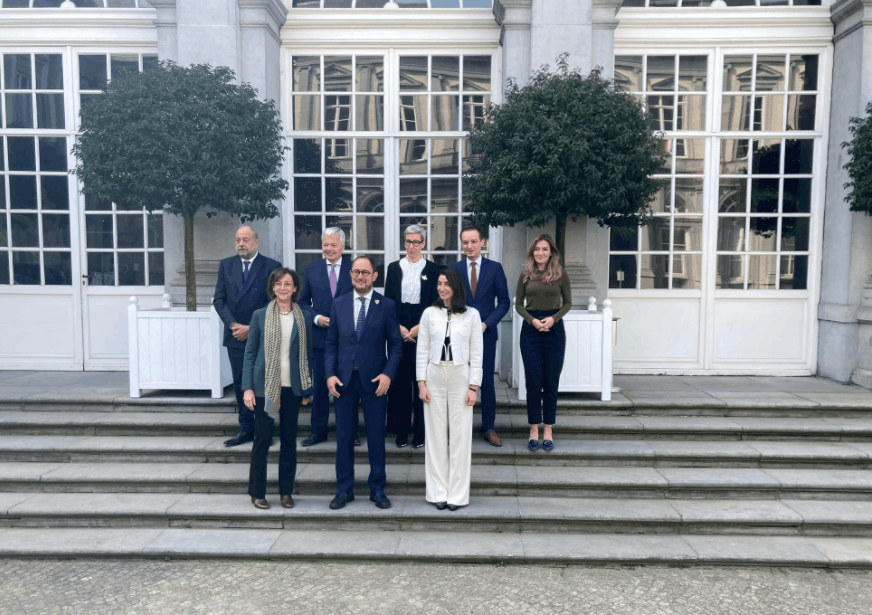Accountability was the keyword of the meeting in Belgium.
The justice ministers, joined by the EU commissioner for justice, Didier Reynders, condemned the Russian attacks on Ukraine, with the grand duchy’s ministry stating in a joint press release that “any perpetrators of war crimes and other serious violations of international law will be held accountable.” The group also discussed the importance of cooperating on the collection of any evidence for current and future investigations in the conflict.
Europeans should also not join the battleground to fight, the group agreed. Luxembourg’s ministry of foreign affairs had, at the beginning of March, to fight against invaders. Though no national law stops residents from joining foreign armies and militia, citizens who enlist to fight are judged in accordance with international law and applicable jurisdiction. Born in the aftermath of the terrorist attacks on Paris, Berlin and Brussels, the ministers also addressed the prosecution of foreign terrorist fighters.
Another point of discussion was the cooperation of member states on the immobilisation, seizure and confiscation of assets of anyone facilitating the war in Ukraine. Using Europol and Eurojust’s competences, the states collect information and evidence of potential criminal offences.
The victims of war crimes were the other focus point of the group’s 9th meeting. A renewed effort would also be made to help victims of the conflict legally provide evidence of crimes against them, so as to avoid double victimisation. To hinder the exploitation and abuse of Ukraine refugees on EU grounds, the Vendôme group suggested, among others, a more systematic exchange on good practices between countries.
The justice ministers also discussed the importance of big data--collected by sites such as Google, Amazon or Meta for instance--and access to it in high profile legal investigations, and pushed for a speedier digitalisation of the justice system. This would render the latter more resilient and efficient, they argued.
